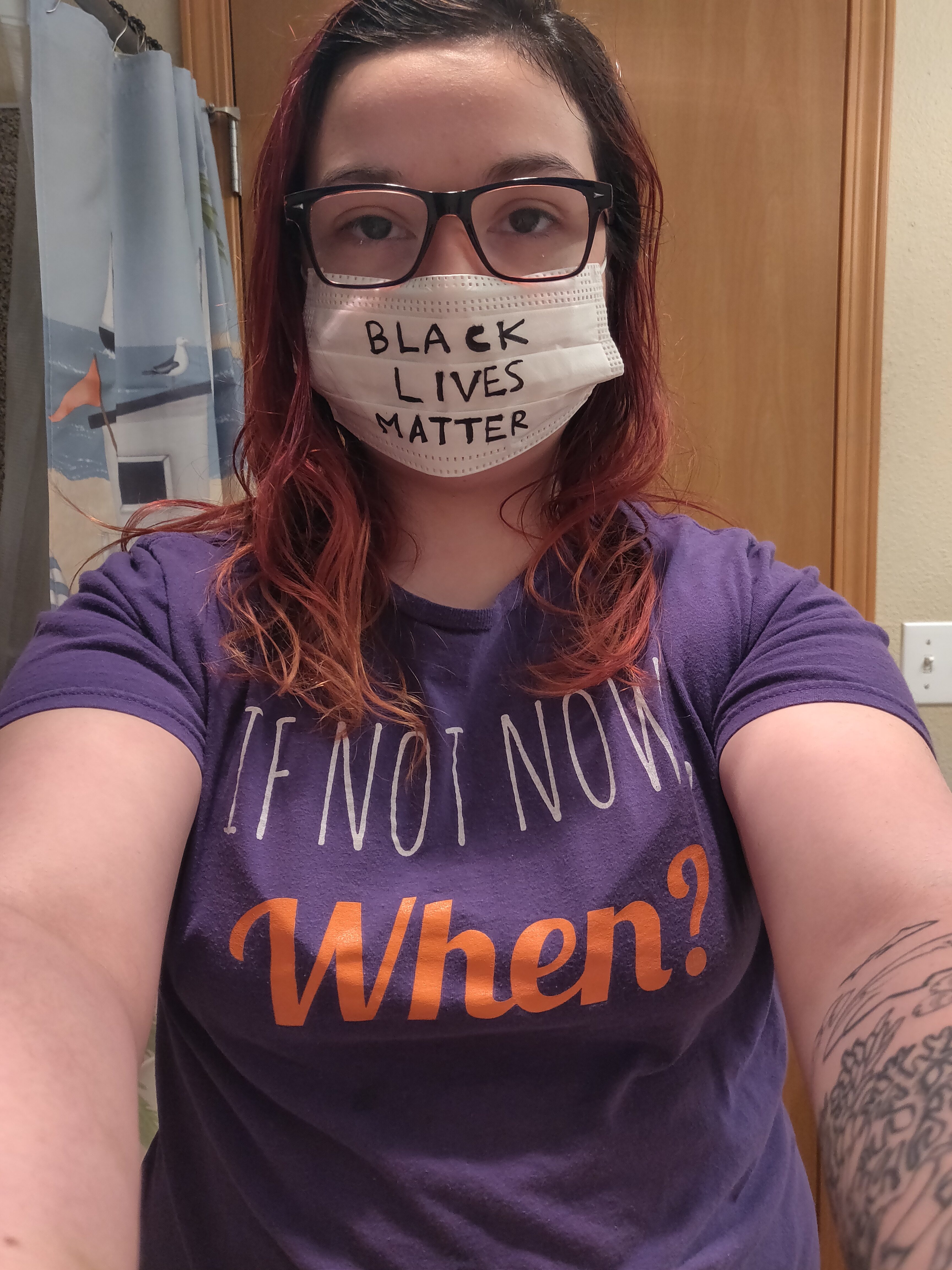Youth, young adults, and alumni with lived experience have the wisdom and expertise we need to develop effective solutions to youth and young adult homelessness. Brianna is a member of the Pierce Anchor Community Initiative Core Team, and this is her story of how the current public health crisis has affected life and access to services in her community.
Across the globe, COVID-19 has caused complete chaos. People are losing their jobs, family members, and overall security. According to an article written by Time Magazine, the economy has fallen so hard that we have officially got the Great Depression beat. While a stimulus and unemployment boost have been implemented, we still leave out some of our most vulnerable populations: youth, young adults, people of color (POC), and those affected by housing instability. COVID did not create these problems, but only exacerbated the problems of broken systems.

On March 11th, Washington State schools were ordered to close. As the beginning of bad things, this broke me. High school was my safe place – a place where I could get breakfast and lunch, charge my phone, and access the internet. Fortunately, within days the districts were able to arrange for students to receive free lunches. Schools and local organizations have stepped up to help provide internet access and tablets for distance learning, yet many youths are still struggling to receive and keep these supports. Colleges closed campus and evicted everyone from the dorms – leaving refugees, immigrants, and the houseless with nowhere to go. According to an article published by CNN Child Protective Services (CPS) reports have dropped by over 50%. That means more youth are not being advocated for and are possibly stuck with their abusers.
On March 18th, Governor Inslee announced a moratorium on evictions for residential tenants. Unfortunately, this only helped a few. If the pandemic had happened 3 years ago, I would have lost my home again, as I was relying on friends for housing support and wouldn’t have been protected under an eviction moratorium. This is a problem for a lot of youth and young adults. According to a study published by Harvard, when it comes to householders under the age of 25, 78% are renters. Now that the moratorium has been extended through August 1, provisions have been added to protect tenants from late fees, but it still does not offer permanent relief or protections for people who are couch surfing.
On March 24th, Governor Inslee announced the “Stay Home, Stay Healthy” order that left nearly half a million folx unemployed state-wide. As youth struggle to stay “essential” and healthy, we are forced to battle an unemployment system that was not designed for us. While a few barriers have been relaxed due to the pandemic, it is still almost impossible to get benefits as a youth. Between the week wait times, proof of identity, and emotional labor required to access benefits, many are being left behind.
On April 11th, the IRS started depositing stimulus checks. Under the CARES Act, Americans who filed taxes in either 2018 or 2019 and made under $75k annually were to receive a one-time payment of $1,200 to help people get by and stimulate the economy. This, unfortunately, leaves out youth who have/are not able to file their taxes, undocumented or DACA residents, and even Americans who are married to an undocumented immigrant. Not to mention the requirement of having a bank account and/or reliable home address has left many houseless without a way to receive a check. Although the new proposal for a second payment, the HEROES Act, would include youth ages 16 to 18, it has already been noted by NBC News that this will likely not pass and our young adults are still going without equal supports to survive this hardship.
Meanwhile, foster youth have been especially hurt. Currently there are no protections for youth aging out of foster/extended foster care – which leaves a lot of youth to exit directly into homelessness. Visitations have been suspended with little support given to ensure visits can still happen virtually. There are talks of things being in the works, but youth need support now.
If this pandemic has shown us youth anything, it is that the systems designed to serve the people are not designed to serve youth.

Leave a Reply